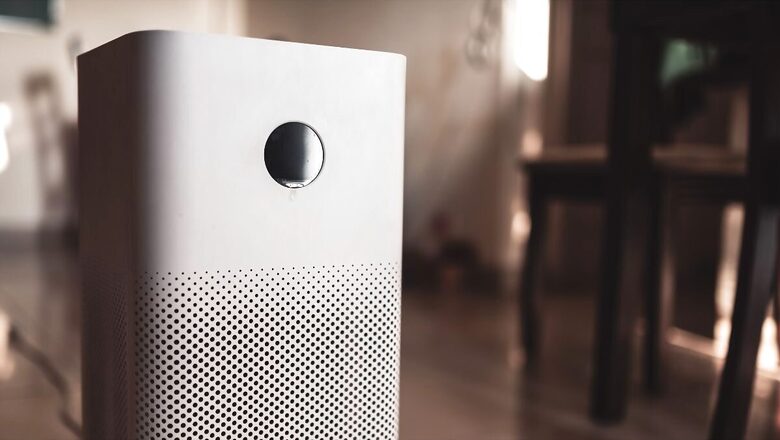
views
In the face of rising air pollution, a significant modern health hazard, safeguarding our health while improving air quality is paramount. An article reviewed earlier highlights that in 2019, approximately 12% of all deaths were linked to air pollution, with heart diseases accounting for 50% of the 6.7 million deaths related to it. These alarming statistics call for immediate action on both individual and collective fronts.
Dr Indranill Basu-Ray, Cardiac Electrophysiologist and a Professor of Cardiology and Public Health, Memphis, Tennessee, USA shares measures to safeguard health against air pollution:
Safeguarding Health Against Air Pollution:
Adopting Protective Health Practices:
- Yoga and Pranayama: Embrace yoga and breathing exercises like Nadi Shodhana and Kapalabhati, proven to improve cardiovascular and respiratory health.
- Antioxidant-Rich Diet: Counteract oxidative stress caused by pollutants with foods high in antioxidants, such as berries, nuts, and green vegetables.
- Regular Health Screenings: In areas with high pollution, frequent health check-ups can aid in early detection of pollution-related health issues.
Enhancing Indoor Air Quality:
- Use of Air Purifiers: Deploy air purifiers to reduce indoor pollutants.
- Indoor Plants: Plants like spider plants can naturally purify the air.
- No Indoor Smoking: Avoiding indoor smoking can significantly reduce respiratory and heart risks.
Personal Protective Measures:
- Face Masks in High Pollution Areas: Use masks to filter out harmful particulates when outdoors in polluted environments.
- Limiting Outdoor Activities: On days with high pollution levels, reduce outdoor physical activities, especially for vulnerable groups like children and the elderly.
Enhancing Air Quality:
Green Transportation and Energy:
- Promote Electric and Public Transport: Reduce reliance on fossil fuels by encouraging electric vehicles and efficient public transit.
- Renewable Energy Sources: Advocate for the use of solar, wind, and hydroelectric power.
Policy and Community Action:
- Emission Regulations: Support policies for stricter emission controls and better urban planning with more green spaces.
- Community Initiatives: Engage in local tree-planting drives and campaigns for clean energy.
Education and Advocacy:
- Awareness Campaigns: Educate the public on the health impacts of air pollution and ways to reduce exposure.
- Advocacy for Health-Focused Policies: Encourage active participation in advocating for policies aimed at reducing air pollution.
Safeguarding our health in a polluted world requires a combination of personal health practices, indoor air quality management, and protective measures. Concurrently, enhancing air quality demands a shift towards green transportation, renewable energy, stringent policy implementation, and community-driven initiatives. Together, these strategies form a robust defense against the health risks posed by air pollution, aiming for a healthier, cleaner future.




















Comments
0 comment